WIPO Project: Collective Mark for Kenyan Basket Weavers
April 18, 2017
WIPO’s multi-step branding project on sisal baskets wrapped up at an event on March 1 and 2, 2017, in Taita Taveta County (Kenya). Thanks to support from WIPO, this community of basket weavers has come together to form an association, acquire a collective mark and, ultimately, develop their livelihoods.
Video: Overview of the Taita Basket project.
The journey to acquire a collective mark came to an end on April 3, 2017 when the Kenya Industrial Property Institute officially registered the “Taita Basket” collective mark. Following a year of work with WIPO and partners:
- an association was formed,
- quality standards were set and training sessions organized,
- participants learned about the intellectual property (IP) system, and
- legal and graphic design assistance was provided.
The new mark comes with responsibilities as well as rights. These responsibilities include certain quality standards adopted by the basket weavers. Since the introduction of these standards, more than 400 of the female basket weavers have been trained by skilled experts to improve and harmonize the quality of their baskets.
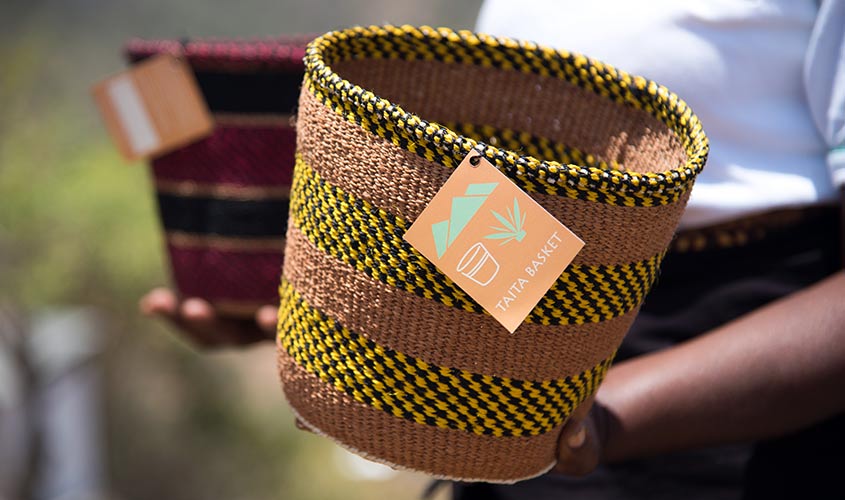
Regional treasures
The sisal baskets produced in Kenya's Taita Taveta County are regarded by many as regional treasures. These unique baskets are produced according to the traditional art by local women who have passed down the skill from generation to generation.
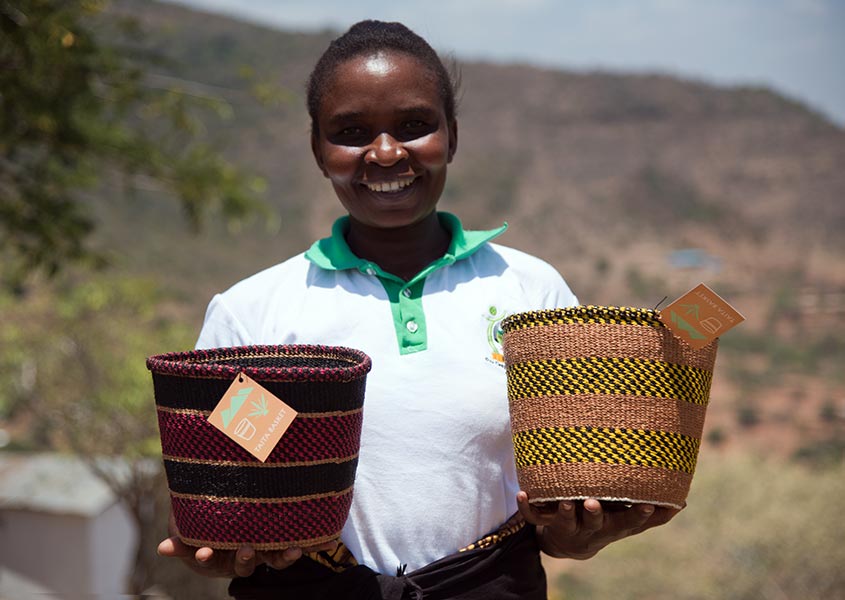
However production had previously been fragmented, with small groups of basket weavers operating independently in their respective villages and assisting each other only informally. Thanks to this WIPO Japan Funds-in-Trust project, these Kenyan women have seen how they can come together and leverage the IP system to protect and promote their products on a larger stage.
Collaboration by Association
Basket weaving groups from different villages are now working together under the umbrella of the officially registered “Taita Baskets Association” – the official owner of the collective mark. The basket weavers have succeeded in obtaining a valuable IP tool for branding – the first step in an exciting journey to build the “Taita Basket” brand. They are united in their aim to develop a strong, recognizable and profitable regional brand by using the mark.
The association and the collective mark will help the predominantly female community of basket weavers become more competitive in the market. By collaborating to procure raw materials in bulk, they are now able to reduce the cost and enjoy the benefits of economies of scale. Thanks to the collective mark, their baskets will be easy to distinguish from similar products and the quality standards associated with the mark will help increase faith in the products, as well as drive sales and expansion.
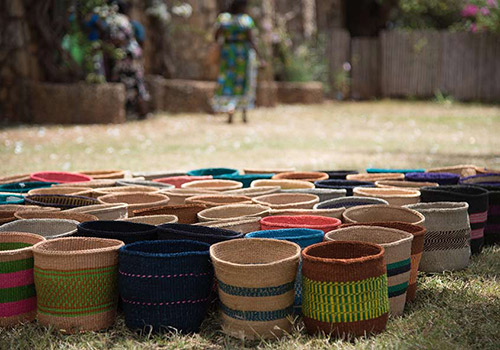
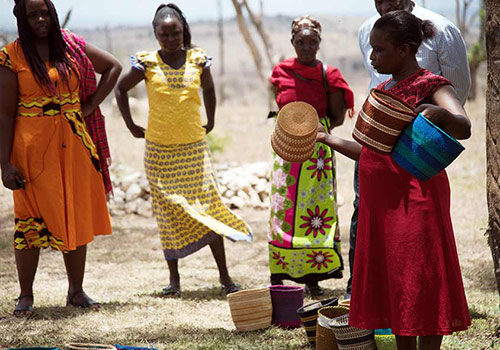
H.E. John Mruttu, Governor of Taita Taveta County said: “One of the problems that affected the marketability of the baskets was that there was no identity. You could not tell which came from Taita and which came from elsewhere. Another issue was that the quality was not consistent from village to village, and from individual to individual. I want to take this opportunity to thank WIPO for coming on board and facilitating the process of acquiring a collective mark and, through training opportunities, making sure that, collectively as an association of basket weavers, they have quality standards acceptable to them and then that shall be used for marketing. This is for me a huge step. The next step is how to market the baskets. We use every opportunity to market new baskets that have an identity and a label.”
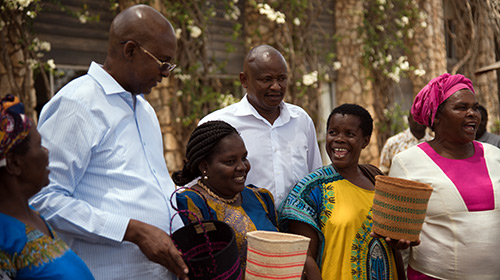
One of the problems that affected the marketability of the baskets was that there was no identity. You could not tell which came from Taita and which came from elsewhere.
H.E. John Mruttu, Governor of Taita Taveta County
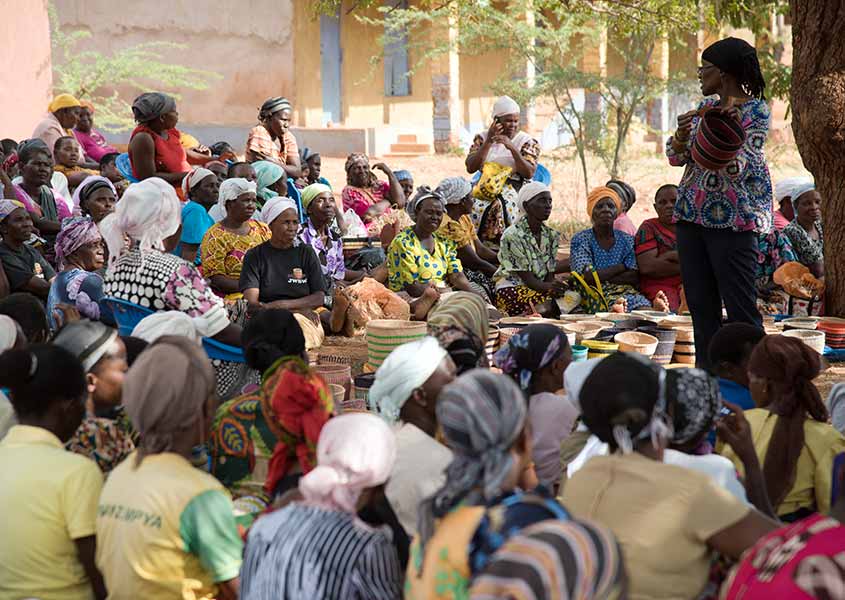
This project was led by WIPO, in cooperation with the Japan Patent Office (JPO), the Japan International Cooperation Agency (JICA), the Kenya Industrial Property Institute (KIPI), the One Village One Product Program (OVOP) Kenya, and the Taita Taveta County Government. Financing came from Japan Funds-in-Trust – Africa and LDCs.